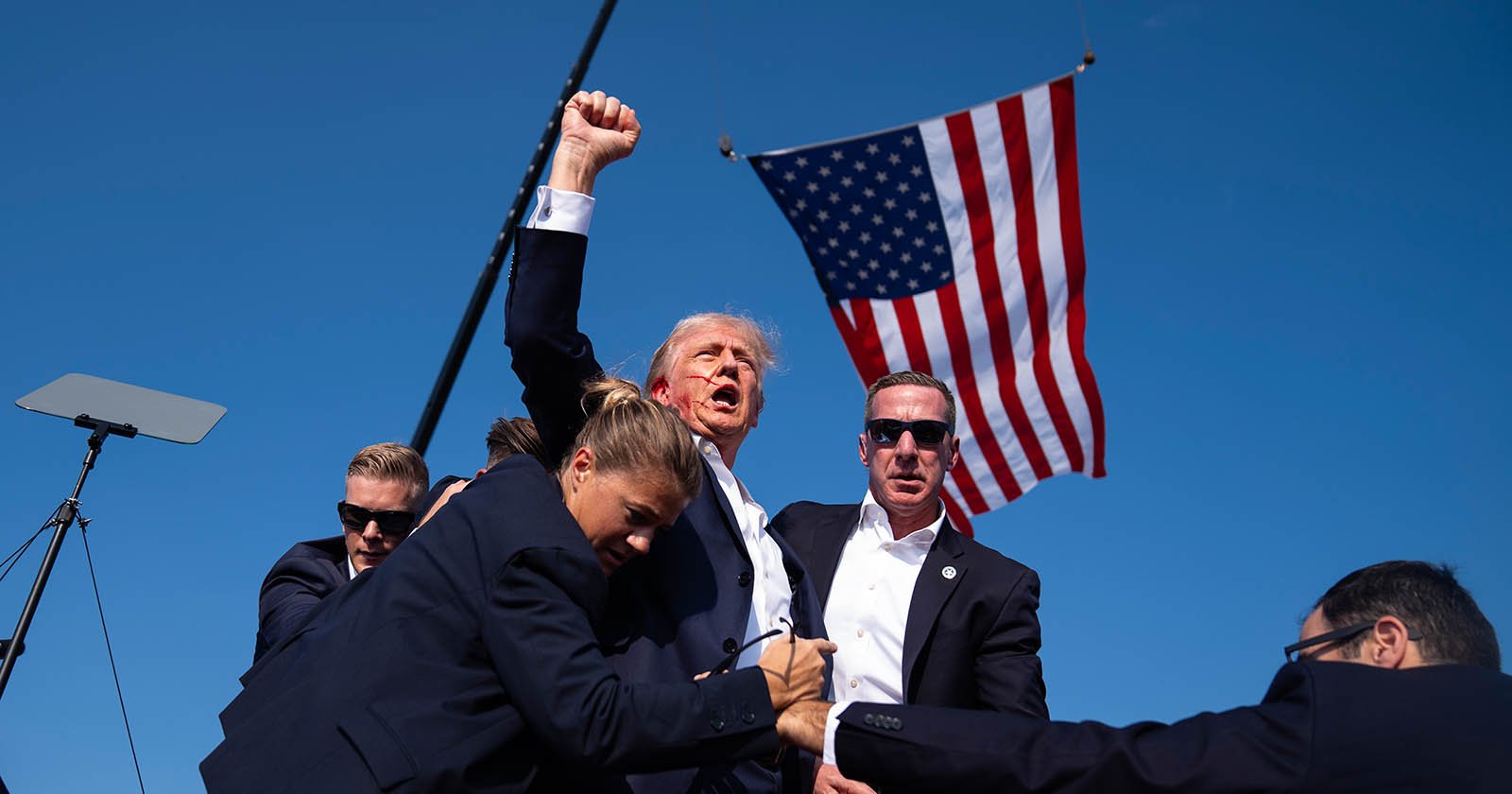
[ad_1]
For all their enormous popularity and usefulness to photographers and users of all kinds, DJI drones might be facing a total U.S. ban.
Members of the U.S. government might decide to move on pushing a bill through the U.S. House of Representatives that will prevent drones made by the Chinese company from operating in the United States.
A report from the New York Times has been recently spotted by The Verge which details this possible outcome.
According to the reporting by the Times, a bill is being advanced through the House of Energy and Commerce Committee that has the potential to make any DJI drone illegal to fly inside the country.
The bill, for a law called the Countering CCP Drones Act (CCP being in reference to the Chinese Communist Party, which governs China), would use the regulatory authority of the U.S. FCC (Federal Communications Commission).
Because of the FCC’s power to regulate communications systems in the U.S., DJI drones could be added to the agency’s list of equipment that’s covered under the Secure and Trusted Communications Networks Act of 2019.
Doing this would classify the UAVs as devices that “pose a national security risk” and ban them from running on any U.S. network. In effect, all such drones would then be legally grounded.
Federal agencies and any organization receiving federal funding from the American government would also be banned from buying or using DJI devices.
Other Chinese companies like Huawei and ZTE already have a place on the FCC’s list.
Obviously, such a ban would affect many private users of these drones and many companies that regularly use them for their products and services. It would also be a major blow for DJI itself, which sells a major part of its products in the U.S. market.
The Countering CCP Drones Act was already previously introduced in 2022 by Representative Elise Stefanik, a Republican Party Congresswoman from New York. Now it’s getting a second push in the wake of the TikTok ban.
According to Stefanik in comments to the NY Times, agencies of the U.S. government have found that DJI drones feed information about critical U.S. infrastructure to the Chinese government and pose “an unacceptable national security risk.”
She elaborated, “DJI drones pose the national security threat of TikTok, but with wings. The possibility that DJI drones could be equipped to send live imagery of military installations, critical infrastructure, and the personal lives of American citizens to China poses too great a threat. Allowing this practice to continue in the U.S. is playing with fire. This Chinese-controlled company cannot be allowed to continue to operate in the U.S.”
It might have been useful if Stefanik also explained how these drones would send all that information, live, to Chinese agents from within the U.S. while often flying well outside of WiFi or cellular range.
Possible spy photo taken with a DJI drone
It would also be interesting to see the apparent evidence of these drones secretly passing on to the Chinese government the visual data they gather for their private and business users.
In any case, this isn’t the first time that the U.S. government under the Biden Administration has taken swipes at DJI.
In 2020, the Department of Commerce put DJI on its Entity List, which bans U.S.-based companies from exporting technology to the Chinese firm.
After that, the U.S. Treasury Department also took its own step by adding DJI to a list of firms it considers linked to Chinese Military-Industrial Complex work.
It did this because of reports that DJI drones are used by the Chinese government for surveillance work against groups like the Uyghur minority in the country’s western regions.
Then, there was a U.S. Department of Defense blacklisting of DJI drones in 2022, also done for claims of national security dangers.
DJI has of course fought back. In a detailed March 2024 blog post, titled, “Get The Facts: Countering CCP Drones Act” the company firmly defends itself.
It counters that U.S. lawmakers pushing for these bans and regulations “continue to reference inaccurate and unsubstantiated allegations regarding DJI’s operations, and have amplified xenophobic narratives.”
The company further specified,
“DJI drones do not collect flight logs, photos, or videos — by default… DJI is not a military company. We remain one of few drone companies to clearly denounce and actively discourage use of our drones in combat… DJI follows the rules and regulations in the markets it operates in,”
DJI also noted the obvious by saying that even though it hasn’t “engaged in activities that violate or abuse human rights”, it can’t control how any other party uses its products.
Another move by the company has been to promote YouTube discussion of how the loss of its drones on the U.S. market could affect many industries in the country.
Given the level of political rhetoric that has steadily been ramping up for years against China by U.S. politicians and agencies, it’s hard to say how much of the above is based on any real threat and how much of it is just speculation by media-minded political figures.
For now, if you’re a U.S.-based user of DJI drones for your photo and video projects, take note because the ban does stand a decent chance of going through.
As for worries that the CCP is storing the aerial photos you took for your most recent IG vacation post, well, maybe, but the possible U.S. regulatory ban is probably the more pressing threat here.
[ad_2]






